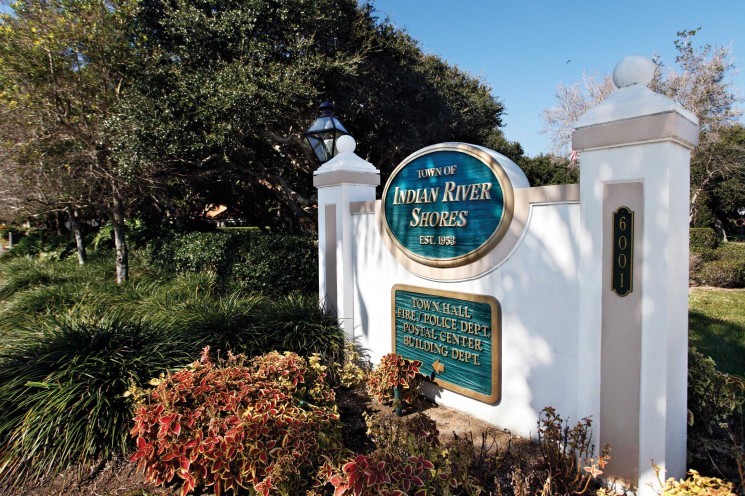
INDIAN RIVER SHORES — There’s a great deal to be negotiated between what the Town of Indian River Shores wants to impose upon its public safety officers and what the police union says it’s prepared to accept in the coming year’s labor contract.
When the parties meet next June 28, Town Manager Richard Jefferson and representatives from the Coastal Police Benevolent Association will need to try to come to some agreement on all 10 contract articles which are open to change this year.
“Though disappointed, we understand the town’s effort to reduce spending,” said the response, written by Shores Public Safety Officer Shawn Hoyt, who is the department’s PBA representative. “With the omission of salaries and benefit costs of the five retiring senior employees which includes the chief of public safety, one captain, one sergeant and two public safety officers, the association feels these staff reductions should provide ample savings for per diem replacements and current budget expenses.”
The PBA proposed the town and union ink a four-year deal, with no cost-of-living increase the first two years and 3 percent the third and fourth years. All town employees have been receiving cost-of-living increases of at least three percent.
The town wanted to change the disability policy, inserting the words “work-related” so the town would not be on the hook for benefits paid to a public safety officer injured in a household accident, boating accident, auto or motorcycle crash while off duty. The union found this change unacceptable.
“Working as a public safety officer is physically demanding,” Hoyt wrote. “A broken ankle can end our career. On or off duty.”
The town proposal eliminated the practice of paying a premium for holiday pay at a rate of 12 hours overtime plus regular pay for time worked, and only paying officers time and a half for actual hours worked on a holiday.
“Holiday pay is fair and only a very small amount of money if any would be saved by paying the officers the actual hours worked so we propose no change to holiday pay,” Hoyt wrote.
In an effort to curb the banking and payout of personal leave time, the town proposed limiting how much could be cashed out by half. The union countered that the town may make that reduction, but for new employees only.
Shores negotiators, hoping to get employee health benefit costs down, proposed a gradual increase in the employee-paid portion of the health plan. The union countered with a couple of options – either a lower percentage, 22 percent going up to 36 percent in 2014, or a minimum payout of $10,000 to the employee to buy their own dependent coverage.
The town pension plan is a defined benefit, meaning that it provides the employee 2.75 percent of his or her top salary, per year of service. The town proposed reducing that gradually to 2.5 percent and then to 2.25 percent going forward.
“The retirement plan has been negotiated for the current employees and was actually a fix to a disastrous retirement plan that was in place for many years,” Hoyt said, going on to propose the multiplier be set at 2.5 percent of top pay per year of service, as a compromise.
The union requested a wording change to ensure that “the town agrees to maintain chapter 185 and 175 funding as established and in effect.” That deals with state retirement supplement plans available to the public safety officers.
Finally, Hoyt proposed that an article be added to the new contract, stating, “The town will proactively consider the use of a buyout offer nearing fiscal year end, annually. This would effectively give those officers eligible for normal retirement positive incentive to retire. Prior practice has proven this to be an enormously effective took to save money for the town.”
The five retiring public safety employees negotiated a retirement bonus of four months’ pay.
Jefferson said the town and the union would go back to the bargaining table, first in closed session at 9 a.m. June 28 and then in a meeting that would be open to the public at 1 p.m. that same day. The Indian River Shores Town Council is also scheduled to meet at 3:30 p.m. June 28.
Councilman Dick Haverland, who has been the harshest critic of the public safety compensation increases, declined comment on the record about the negotiations.
On the matter of the contract negotiations, new Chief Robbie Stabe, who is not involved with the current talks but who served two years as head of the local union group when he was a lower-ranking officer, pointed out that Florida is a right to work state. Public employee unions, especially under the current national political climate, are in a precarious bargaining position.



